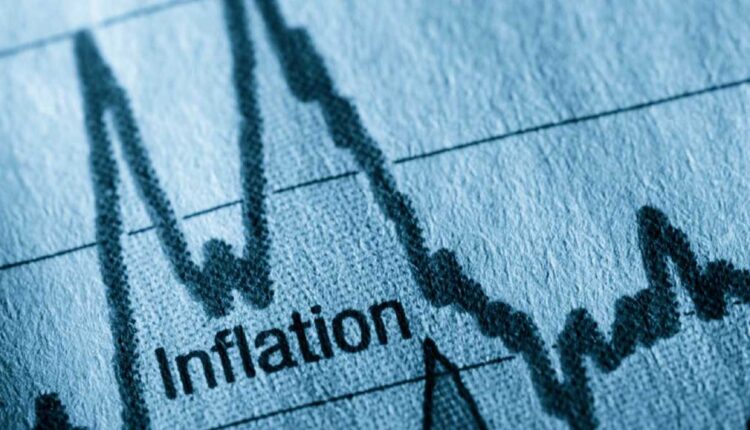Germany registers a slight increase in inflation
In August, the strongest economy in the Euro zone registered a 3.9 % increase in the prices of products and services. According to experts, it is due to transitory phenomena
Year-on-year inflation in the leading power in the euro zone rose to 3.9 % in August. This was reported by the German Federal Statistical Office (Destatis). This is the highest number recorded by this nation in the last 28 years. In December 1993, according to historical data, the prices of products and services stood at 4.3 percent.
Destatis pointed out that the figure is supported by provisional data, but in two weeks it will be published in a final report where a detailed breakdown of the different categories that impacted the increase in August.
“The rise has a number of reasons, including the base effect of the low prices in 2020. The temporary lowering of VAT and the fall in fossil fuel prices are particularly affected here,” Destatis said.
As you will recall, Germany applied a 3-point reduction in VAT in the last half of last year as a strategy to boost consumption in the population, after the first wave of the coronavirus, causing an acceleration in prices in 2021 Additionally, the consequences of the introduction of the CO2 tax equivalent to 25 euros per ton, which came into effect on January 1st of this year, must be incorporated.
The increase in the price of energy, which stood at 12.6 % year-on-year in August, can be considered as one of the factors that help explain the rise in inflation. Some analysts estimate that this increase in the cost of living should be a transitory phenomenon. “Monthly inflation for August was 0.1 %.”
In the last eight months, the behavior of inflation has been showing an upward trend. “The consumer price index (CPI) rose 1.0 % in January, 1.3 % in February, 1.7 in March, 2.0 in April, 2, 5 in May, 2.3 in June and 3.8 % in July.”
M. Rodríguez
Source: dw.com


